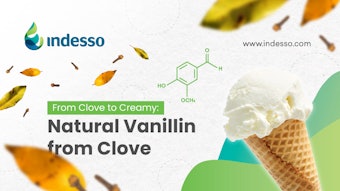The European Food Safety Authority (EFSA) has completed the full risk assessment on aspartame and concludes it is safe at current levels of exposure.
To carry out its risk assessment, EFSA said it has undertaken a rigorous review of all available scientific research on aspartame and its breakdown products, including both animal and human studies. To view the complete report, click here.
“This opinion represents one of the most comprehensive risk assessments of aspartame ever undertaken. It’s a step forward in strengthening consumer confidence in the scientific underpinning of the EU food safety system and the regulation of food additives”, said Alicja Mortensen, the chair of EFSA’s Panel on Food Additives and Nutrient Sources Added to Foods (ANS Panel).
Experts of ANS Panel have considered all available information and, following a detailed analysis, have concluded that the current Acceptable Daily Intake (ADI) of 40mg/kg bw/day is protective for the general population. However, in patients suffering from the medical condition phenylketonuria (PKU), the ADI is not applicable, as they require strict adherence to a diet low in phenylalanine (an amino acid found in proteins).
Following a thorough review of evidence provided both by animal and human studies, experts have ruled out a potential risk of aspartame causing damage to genes and inducing cancer. EFSA’s experts also concluded that aspartame does not harm the brain, the nervous system or affect behavior or cognitive function in children or adults.
With respect to pregnancy, the panel noted that there was no risk to the developing fetus from exposure to phenylalanine derived from aspartame at the current ADI (with the exception of women suffering from PKU).










